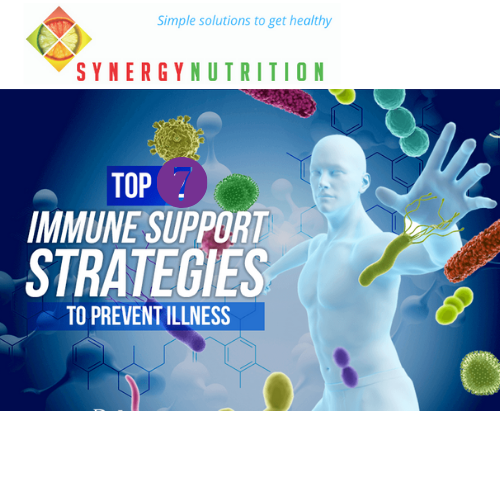Commonly described as the gateway into the soul our eyes allow us to experience colours, flowers, words, pictures, faces, animals, food, trees, and lots more. The eyes are also useful diagnostic structures that tell us a lot about our general health. Regular eye check ups with the optician are cruicial and a trip to an iridologist may also prove insightful! Some common experienced eye complaints aside from myopia (short sightedness) and hyperopia (long sightedness) include dry eyes, glaucoma, cataracts, macular degeneration and diabetic retinopathy. There are many risk factors associated with these conditions however diet and lifestyle are modifiable.

The eye is an active part of your body that needs to be fed and nurtured. You may have heard of Lutein (LOO-teen) and Zeaxanthin (zee-ah-ZAN-thin) two pigments, which give marigold flowers their vibrant yellow hue which aere concentrated in the macular of the eye. They are important for preventing macular degeneration, which can lead to vision loss and blindness. They are members of the carotene class like beta-carotene and alpha carotene- all important for healthy vision. Carotenoids are responsible for giving fruit and vegetables their distinctive colours, and the brightness is a good indicator of how much it contains. Yellow-red pigments- carrots (orange), squash (yellow), beets (red), and red cabbage (purple) in addition to dark green leafy vegetables, like spinach, kale, avocadoes, chard and romaine lettuce are great sources. Many of these foods also contain vitamins such as A and C further important for keeping your eyes bright. Blueberries, blackberries, and cherries contain flavonoids, which are antioxidants that combat oxidative stress, thus reducing the ageing process. The mineral zinc is also necessary for optimum vision and is concentrated in parts of the eye and can be found in pumpkin seeds, oysters, clams, red meat, and
chicken. If you commonly suffer from dry eyes regardless if you wear lens, try boosting your daily intake of essential fats found in oily fish, nuts, seeds and avocados. You may want to consider taking a GLA omega 6 fatty acid supplement temporarily from borage (also known as starflower) and blackcurrant seed oil. Speak to a nutritional therapist like myself to ensure you select a good quality supplement suited for your requirements.

